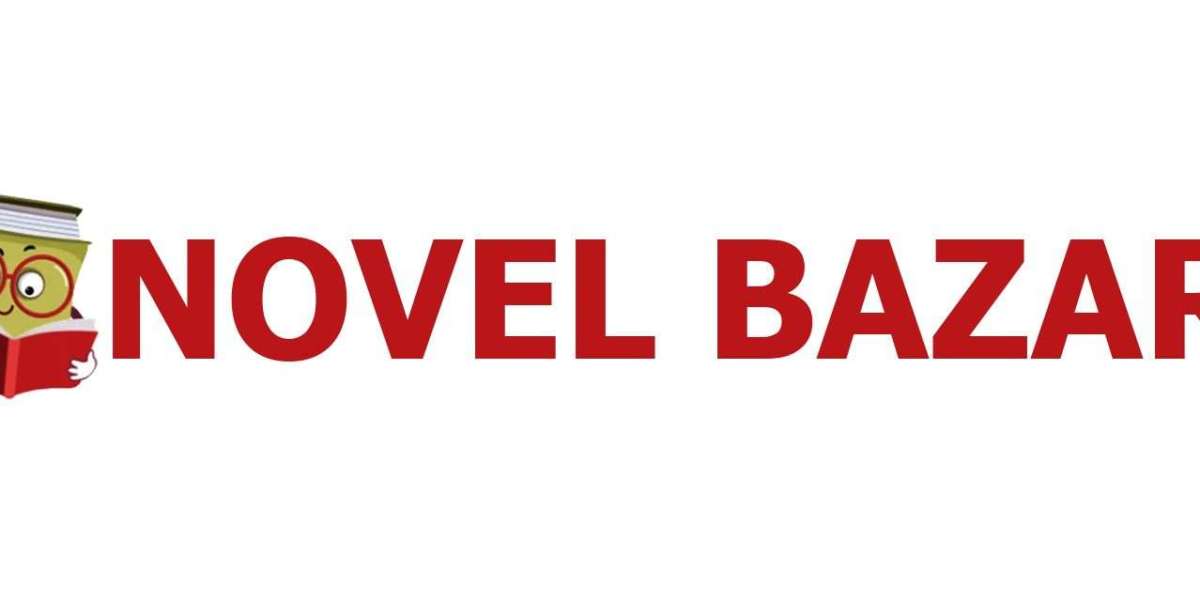Urdu literature boasts a rich legacy of storytelling that reflects deep cultural, emotional, and philosophical elements. Among its most cherished treasures are Urdu novels, which have not only entertained readers for generations but have also shaped literary thought in South Asia. From romantic sagas to social commentaries and spiritual epics, the world of Best Urdu Novels is vast and mesmerizing.
Romantic Urdu Novels
Romance has always been at the heart of Urdu fiction. Writers like Umera Ahmed, Farhat Ishtiaq, and Nimra Ahmed have penned unforgettable love stories that resonate deeply with readers. Novels like Peer-e-Kamil by Umera Ahmed and Humsafar by Farhat Ishtiaq explore not only romantic relationships but also the spiritual and emotional evolution of the characters. These novels highlight love's transformative power and its role in personal growth.
Socially Conscious Narratives
Many Urdu novels have delved into pressing social issues such as women's rights, poverty, education, and class divide. Raja Gidh by Bano Qudsia is a powerful example, examining human psychology and moral decay in society. Similarly, Aangan by Khadija Mastoor vividly portrays the pre-partition era and the struggles of women in a changing society. These stories provoke thought and inspire readers to reflect on real-life societal dynamics.
Spiritual and Philosophical Themes
Spirituality is a recurring theme in Urdu novels, often intertwined with love and self-discovery. Umera Ahmed's Aab-e-Hayat, a sequel to Peer-e-Kamil, delves into the concept of living a life with purpose and spiritual fulfillment. Similarly, novels by Ashfaq Ahmed, such as Zavia, although more of a collection of reflections, have deeply influenced readers with their spiritual wisdom and philosophical depth.
Historical Urdu Novels
Historical fiction holds a special place in Urdu literature. Novels like Shaheen and Akhri Chattan by Naseem Hijazi transport readers to significant Islamic eras, showcasing bravery, loyalty, and leadership. His works aim to instill pride in Islamic history and cultural heritage. These novels are not only entertaining but educational, offering a glimpse into the past with rich historical detail.
Women-Centric Urdu Novels
Urdu literature has been a strong voice for women, exploring their struggles, dreams, and identities. Writers like Razia Butt and Bano Qudsia have created female characters that are both relatable and inspiring. Novels like Bano by Razia Butt and Zindagi Gulzar Hai by Umera Ahmed shed light on the resilience, intellect, and inner strength of women in patriarchal societies.
Modern Trends in Urdu Novels
Contemporary Urdu novels have embraced modern themes such as mental health, youth challenges, and urban life. Online platforms and digital publishing have allowed new writers like Huma Kokab Bukhari and Mehwish Ali to reach wider audiences. These modern stories blend traditional storytelling with contemporary concerns, appealing to the younger generation while preserving the poetic beauty of the Urdu language.
In conclusion, the best Urdu novels are not just stories—they are reflections of society, emotions, and the human soul. Whether rooted in romance, history, or spirituality, each novel offers a unique lens into the world of Urdu literature.



